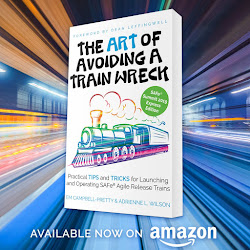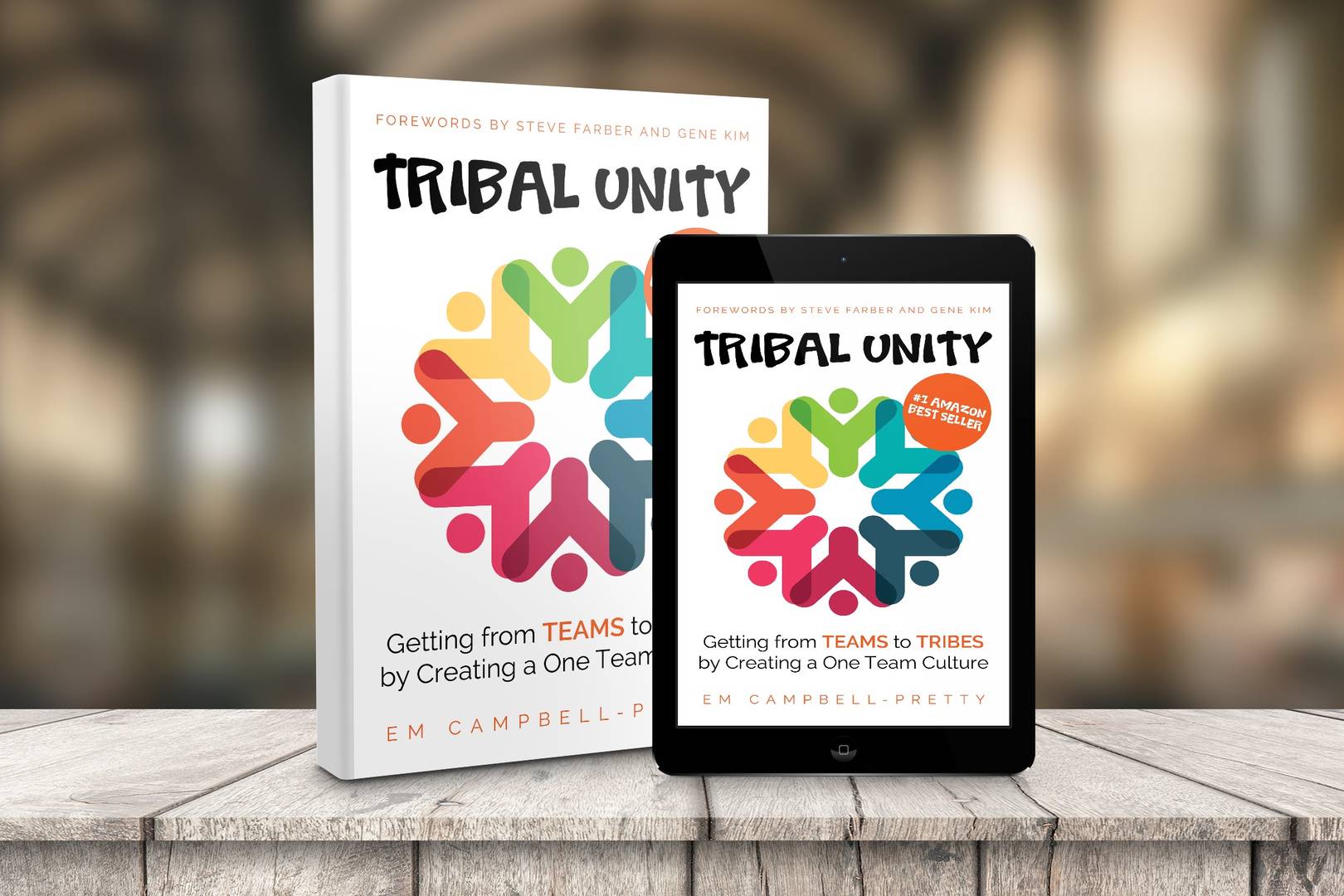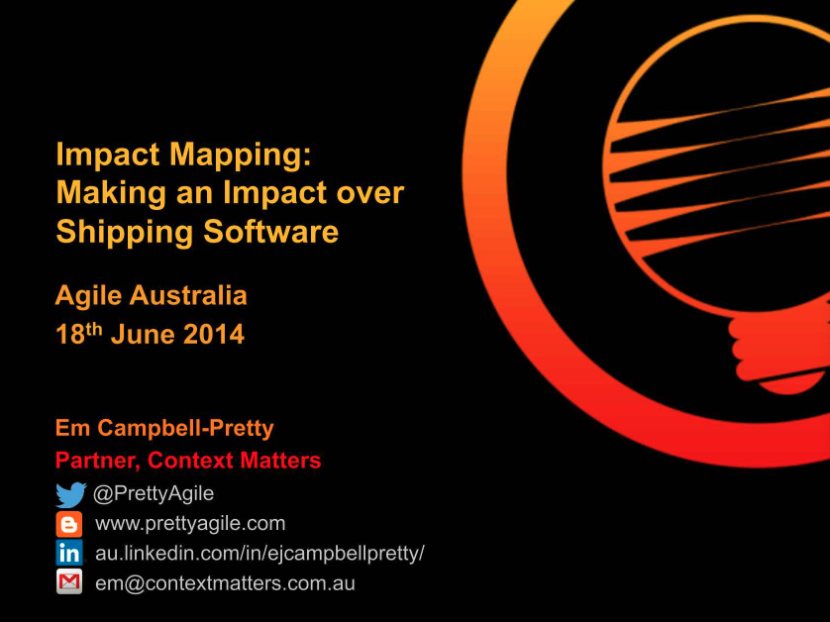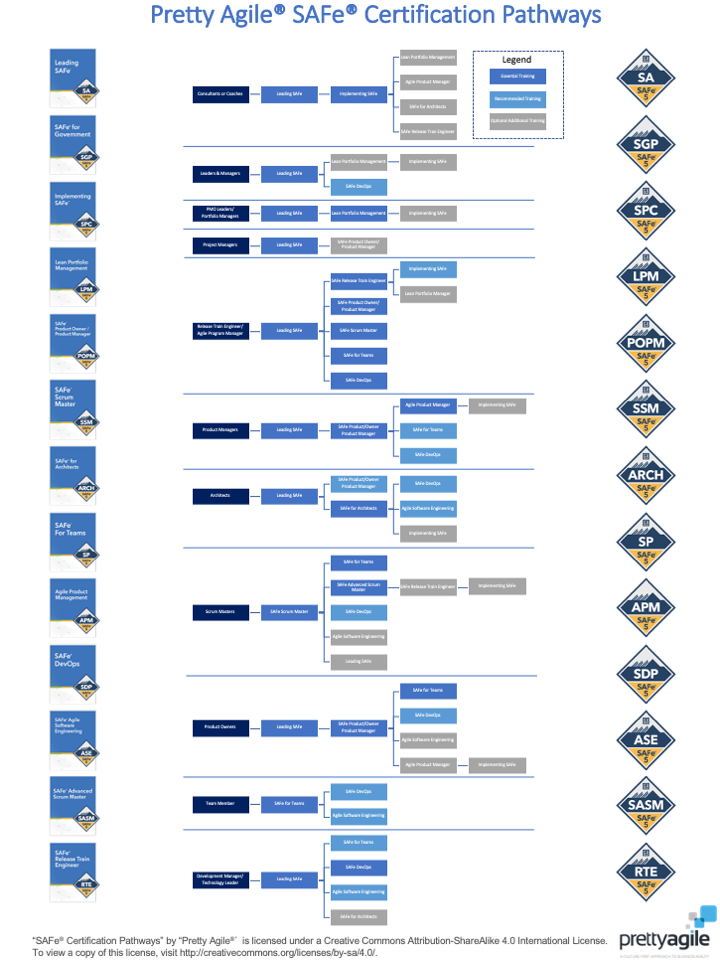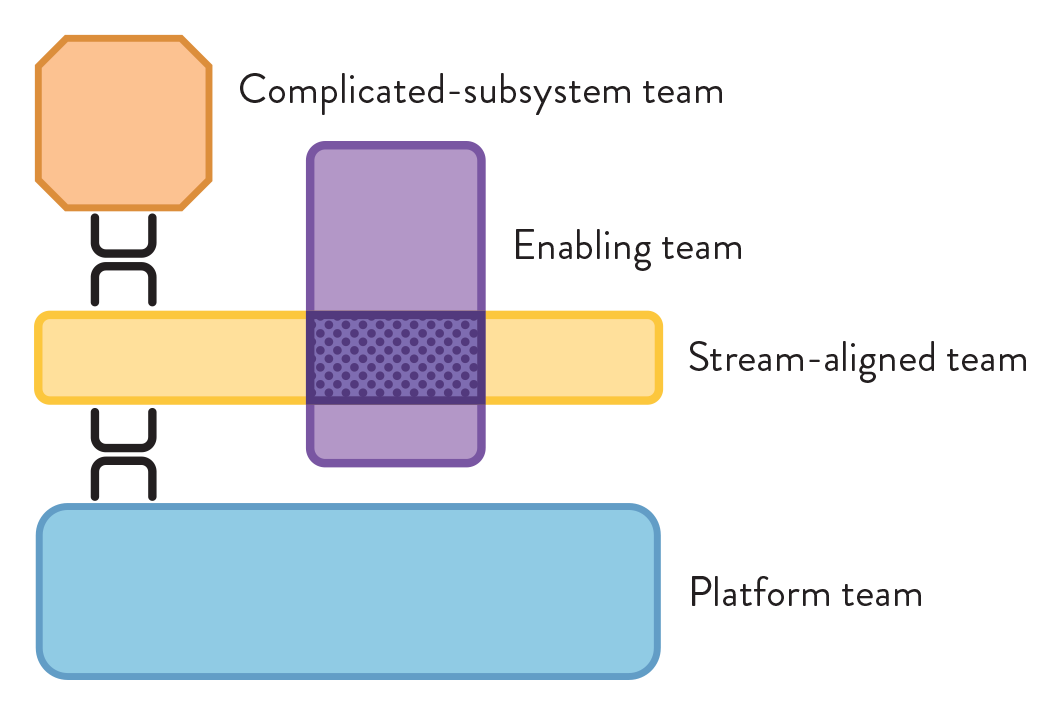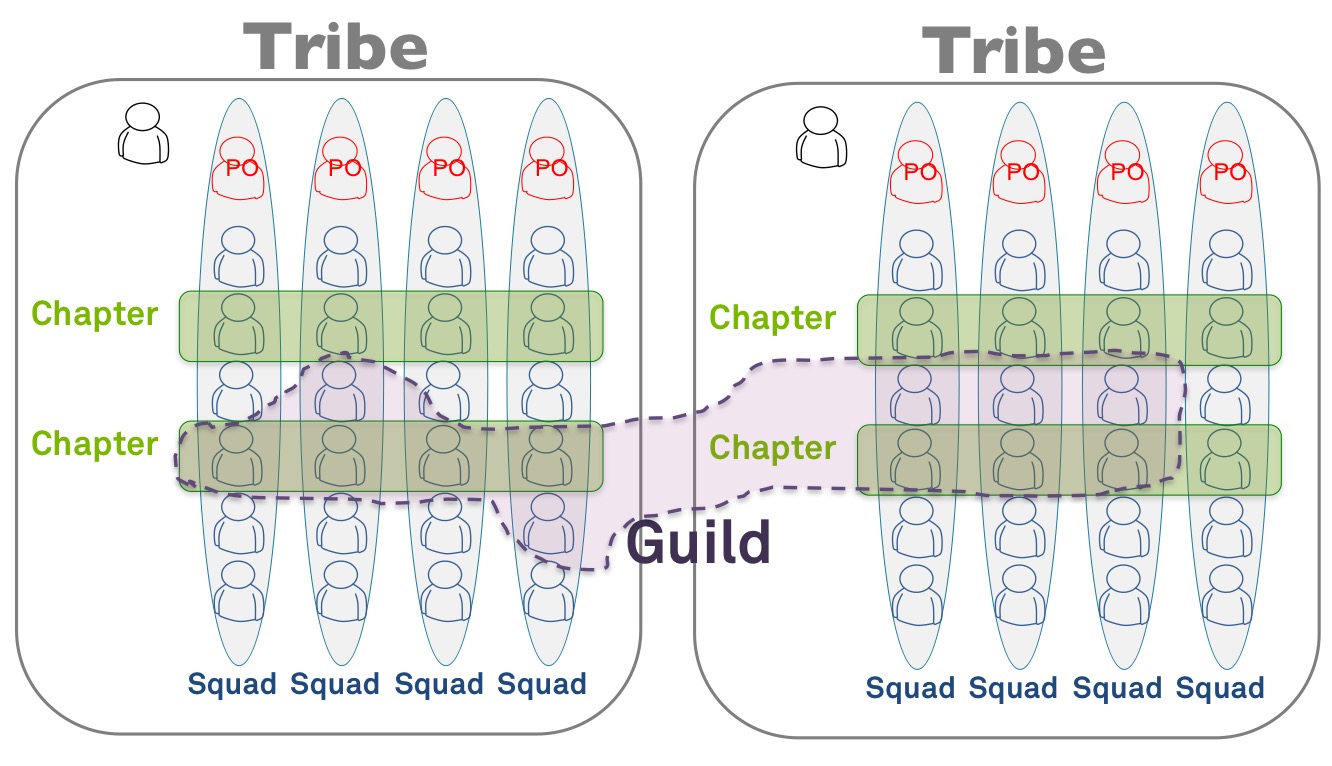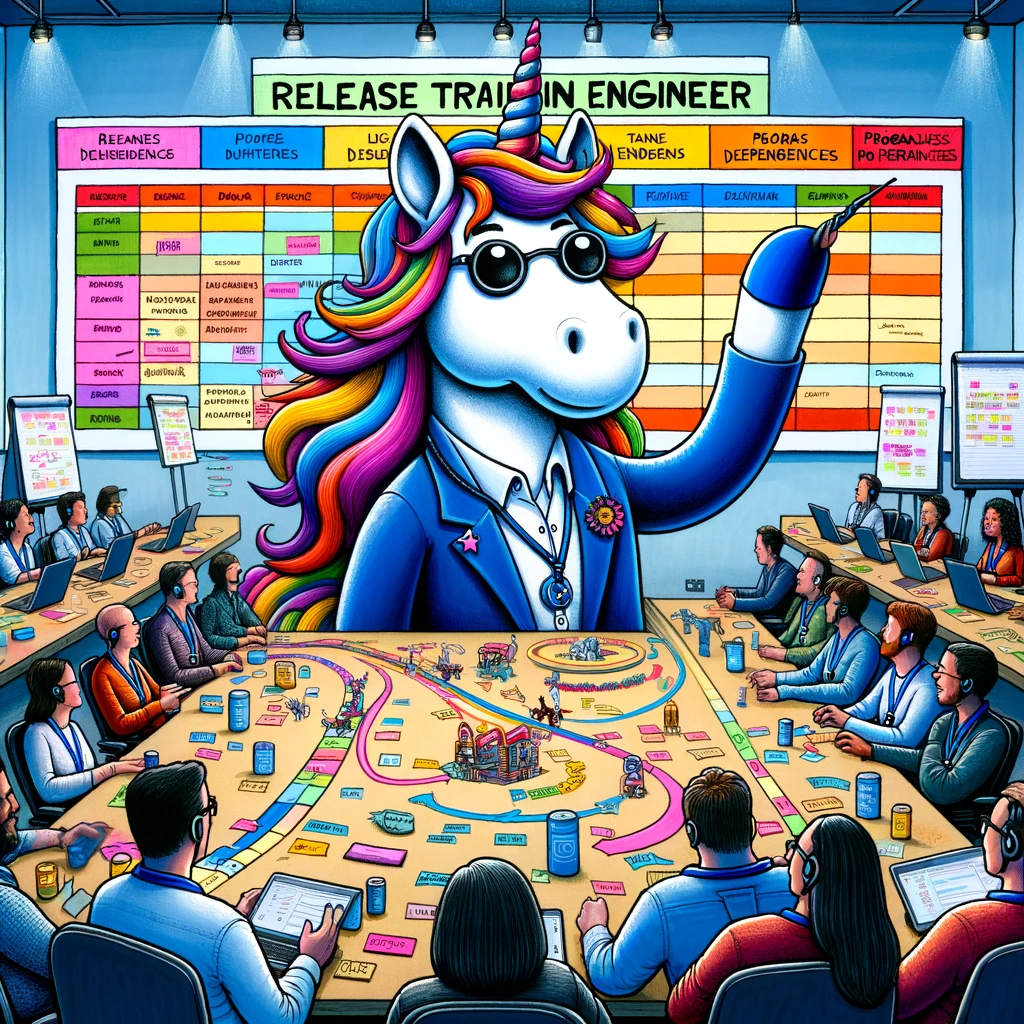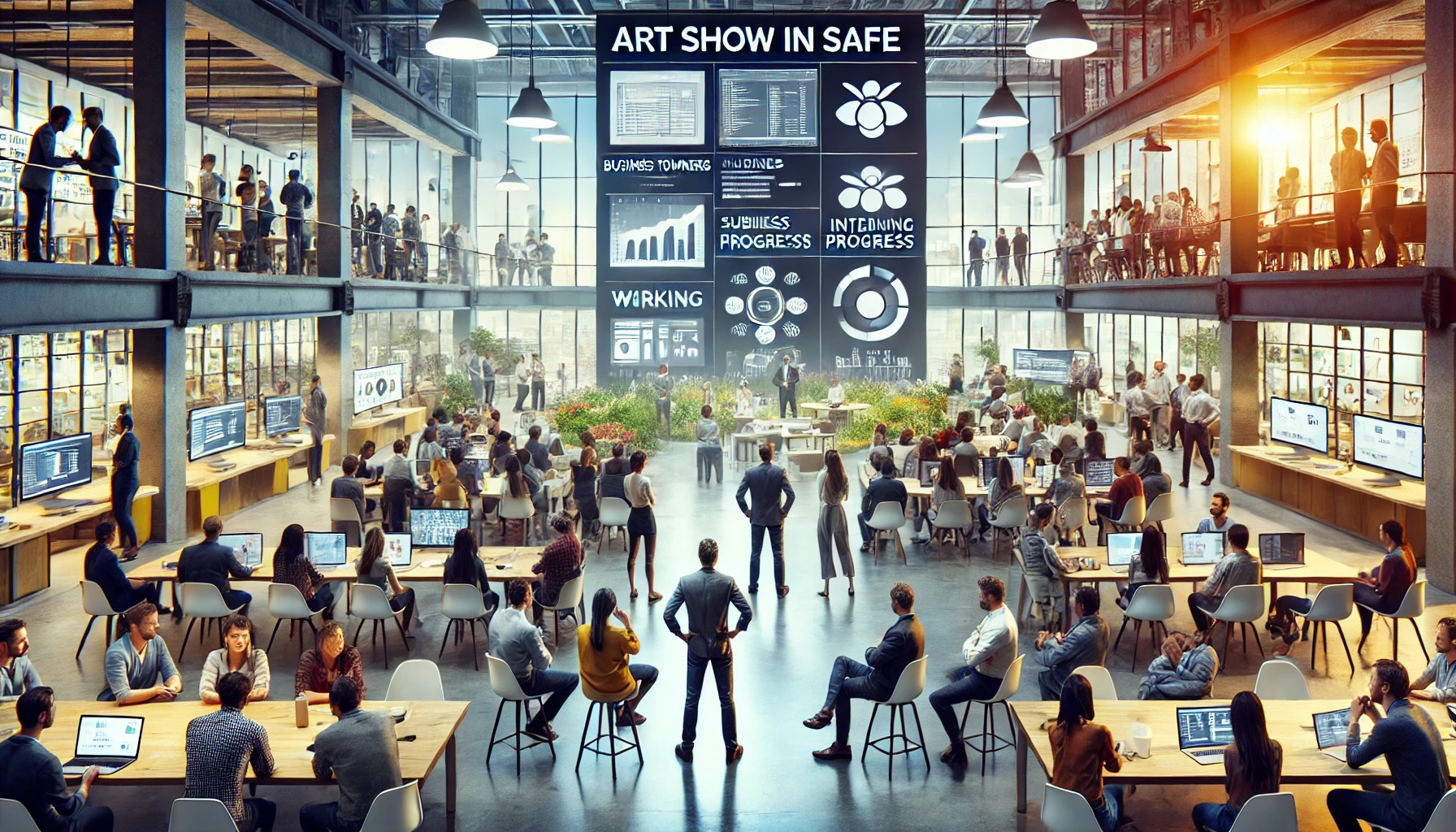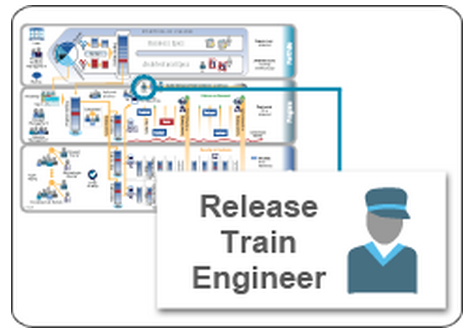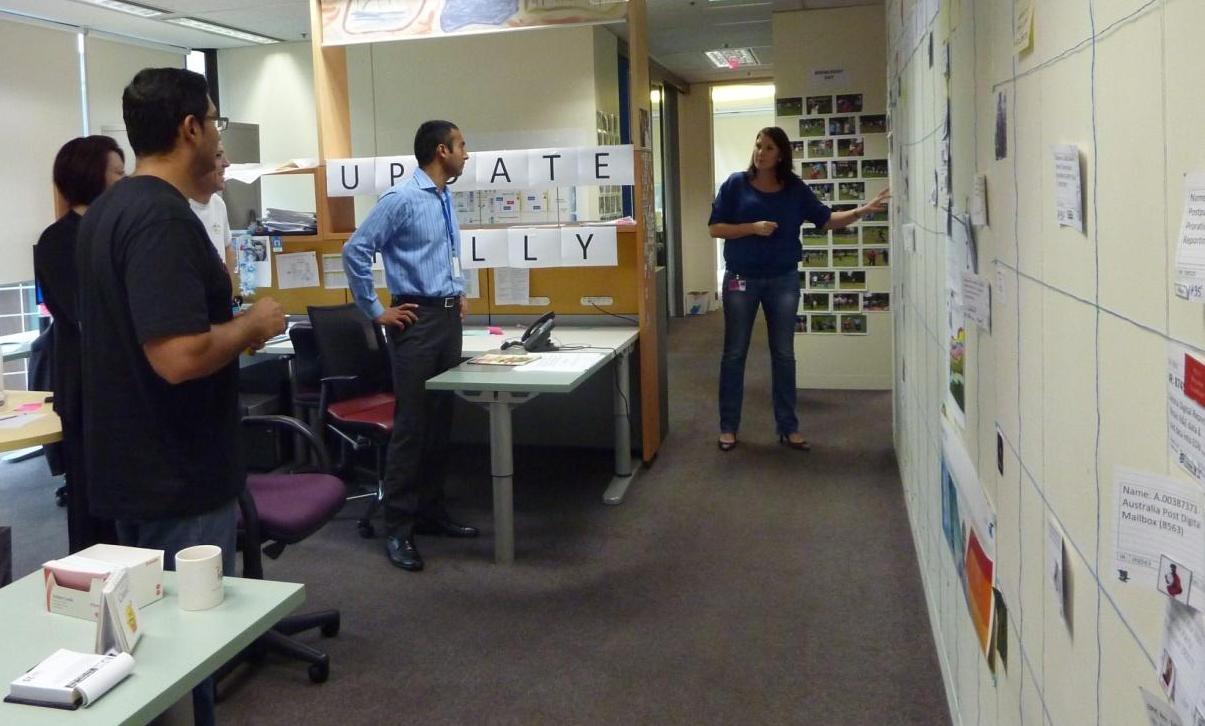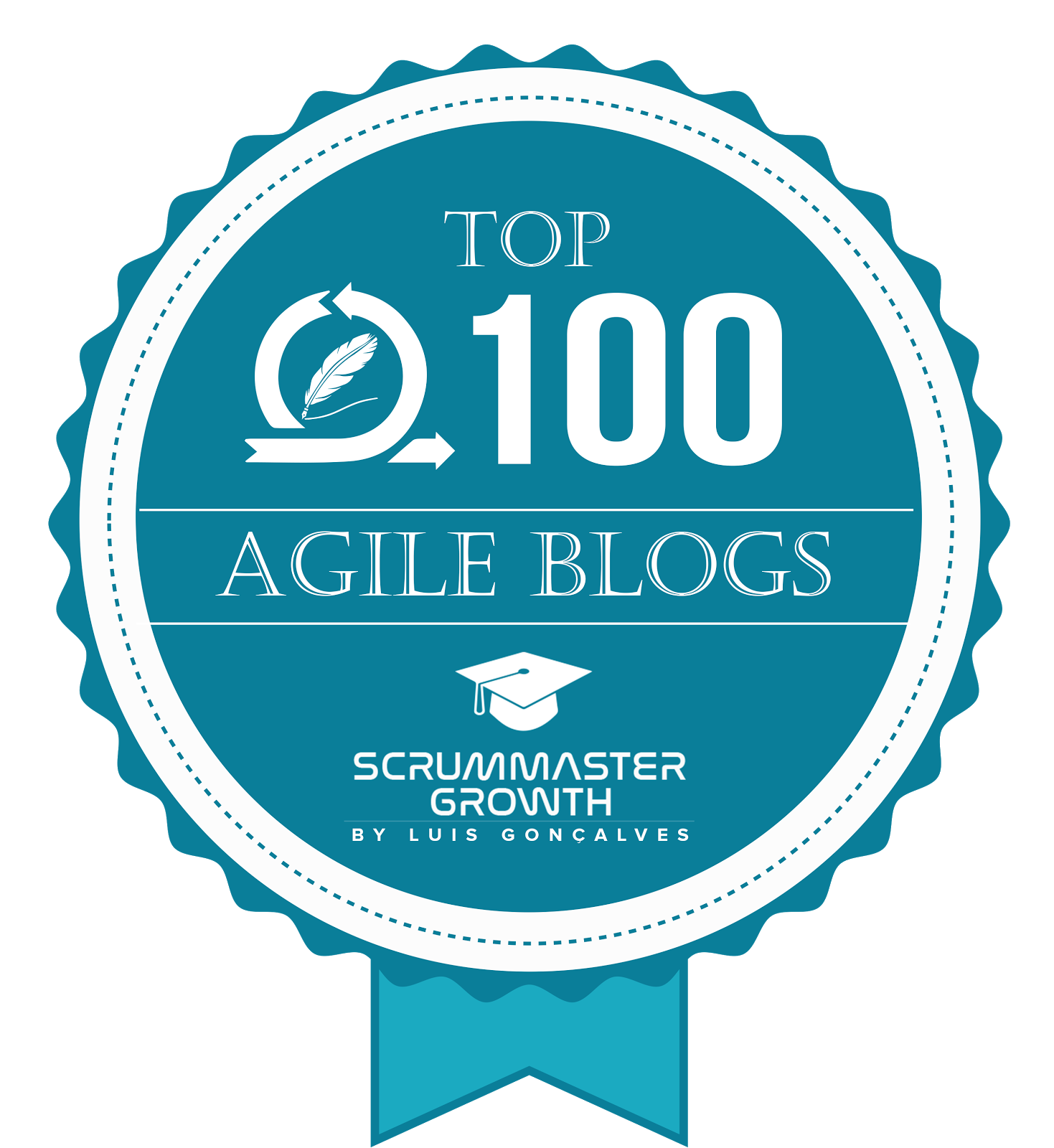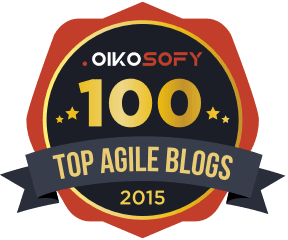- AI-Native Training
- SAFe Training
- Choose a Course
- Public Training Schedule
- SAFe Certifications
- Leading SAFe
- SAFe Scrum Master
- SAFe Product Owner/Product Manager
- SAFe Lean Portfolio Management
- SAFe Release Train Engineer
- Implementing SAFe
- Advanced SAFe® Practice Consultant
- Advanced Scrum Master
- SAFe for Architects
- SAFe for Hardware
- SAFe for Teams
- Agile Product Management
- SAFe DevOps
- SAFe Agile Software Engineering
- Leading SAFe for Government
- SAFe Micro-credentials
- Agile HR Training
The ART of Healthcare: Non-IT applications of SAFe
In this edition of the SAFe Australia Online Meetup, we had the pleasure of hosting Rebecca Davis from Scaled Agile, Inc. Rebecca, a SAFe Fellow and a member of the framework team, shared her unique experiences applying SAFe (Scaled Agile Framework) constructs in non-software domains, particularly in healthcare. The session, aptly titled "The ART of Healthcare: Non-IT Applications of SAFe," explores how SAFe Agile Release Trains can be applied beyond IT, showcasing lived examples from nursing and clinical care to the setup of physical stores.
Session Summary
Breaking the Mold: SAFe in Healthcare
Rebecca’s journey into Agile began not in the tech world but within healthcare, where she launched a medical transcription service company in her 20s. Her deep involvement in the healthcare industry gave her unique insights into how SAFe could be applied beyond the conventional IT realm. She shared her experiences working directly with healthcare professionals like doctors, nurses, and regulatory specialists, embedding them within ARTs. This integration sped up product development cycles, particularly in environments with regulatory requirements like FDA approvals.
Transforming Patient Care with ARTs
One of the examples Rebecca shared was the creation of ARTs within healthcare that were focused on improving patient care. These ARTs weren't just about delivering software; they were about delivering better patient outcomes. One ART worked on an iPad application designed to assist doctors in providing home care to patients with chronic conditions like kidney disease. By involving nurses and doctors directly in the Agile teams, they could ensure that the solutions developed truly met the needs of both healthcare providers and patients. This approach reduced time-to-market and significantly improved patient care quality.
Regional Clinics and Physical Store Setups
Other examples of unconventional applications of SAFe shared by Rebecca include regional clinics and physical store setups within trains. These examples highlighted the versatility of SAFe in optimizing operations across different domains. By aligning ARTs with regional healthcare needs, teams could tailor their approaches to specific patient demographics, ensuring that care was not only standardized but also personalized.
Key Takeaways
- Embedding Domain Experts in ARTs: A recurring theme in Rebecca’s talk was the importance of having domain experts—whether they be healthcare professionals or operational managers—directly involved in the ARTs. This not only improves the relevance and quality of the solutions but also ensures that the products or services delivered are genuinely user centric.
- ARTs Beyond IT: Rebecca’s examples illustrated how ARTs could be effectively applied in non-IT contexts, from improving healthcare delivery to setting up physical stores in unique environments like trains. The flexibility of SAFe allows it to adapt to various domains, provided the right people are involved and the focus remains on delivering value.
- Creating Joy Through ARTs: Rebecca also emphasized the creative side of Agile, showing how applying SAFe in unconventional ways can bring joy and satisfaction to teams and end-users alike. Whether it’s through artistic expression within the team or the joy of delivering truly valuable healthcare solutions, the human aspect of SAFe is as important as the technical.


